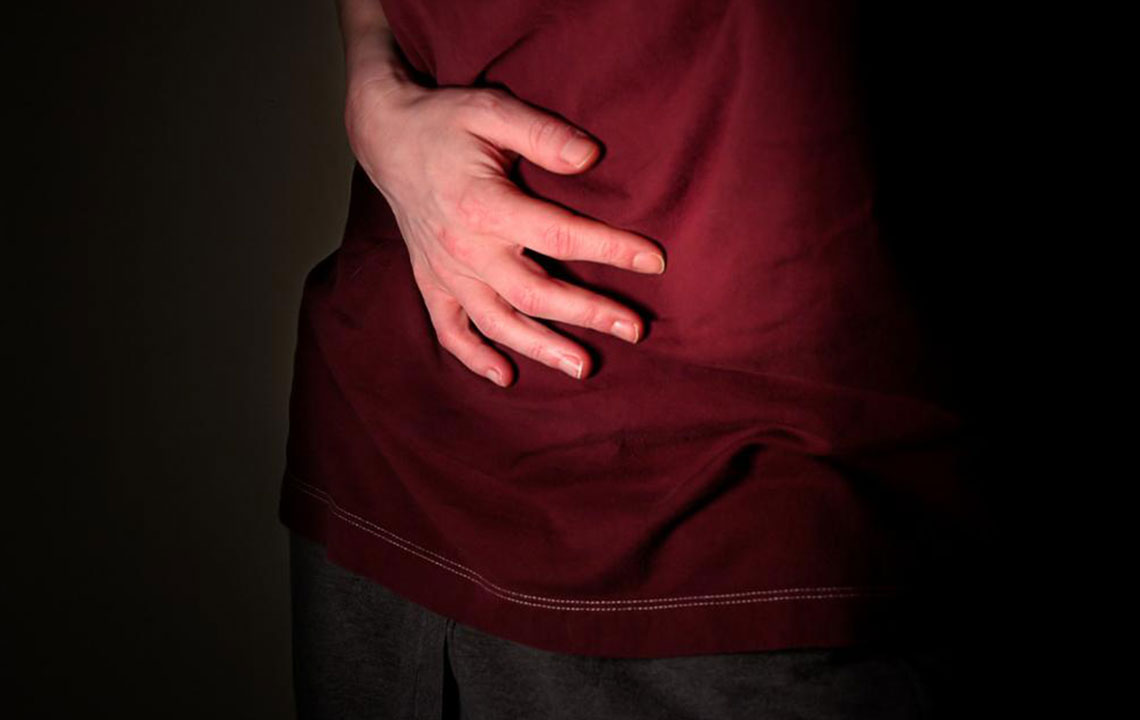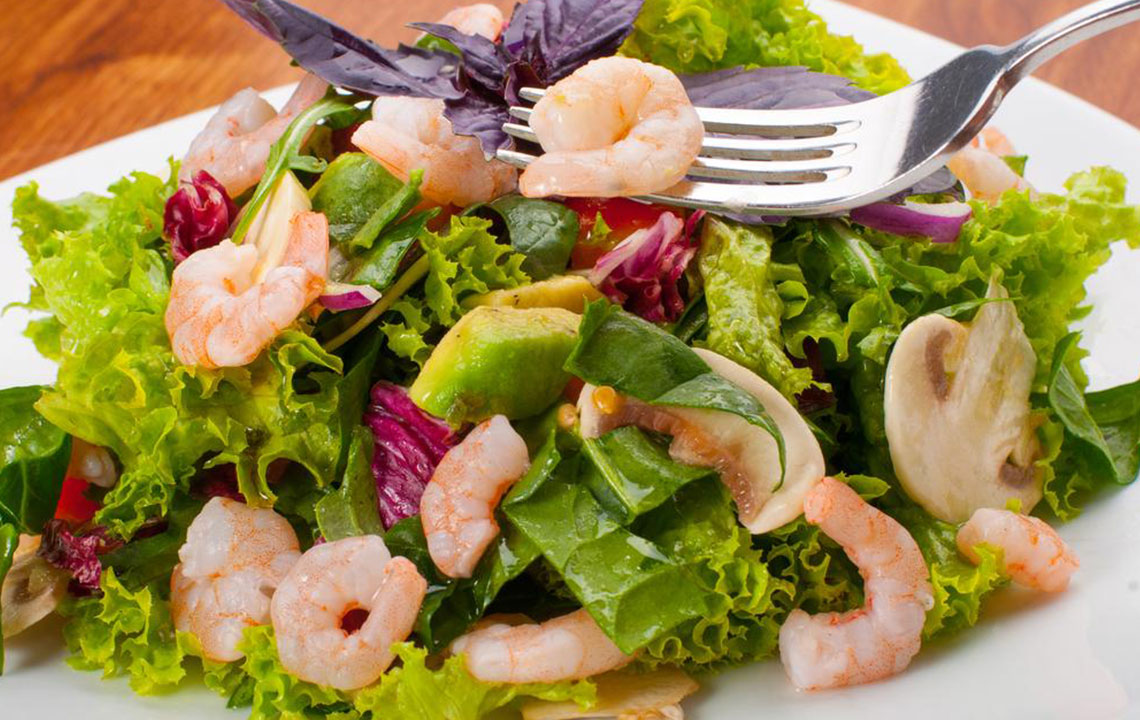Effective Strategies to Manage Acid Reflux Through Diet
Discover effective dietary strategies to manage acid reflux, including foods to include and avoid. Learn lifestyle tips to reduce symptoms and prevent flare-ups. Consult healthcare providers for personalized guidance.

Guide to Foods for Alleviating Acid Reflux
Feeling a burning sensation in your chest? Managing acid reflux effectively involves understanding which foods to eat and which to avoid. This article explores the causes of acid reflux and offers dietary tips to soothe symptoms and prevent episodes.
What Causes Acid Reflux?
The lower esophageal sphincter (LES) is a muscular valve at the stomach entrance.
Its job is to close after food passes into the stomach.
If malfunctioning or open, stomach acid can flow back into the esophagus, causing discomfort.
Occasional reflux occurs normally, but persistent cases (more than twice weekly) may indicate GERD that requires dietary adjustments.
Factors Contributing to Reflux

Digestive issues: Conditions like hiatal hernia can cause acid to escape into the esophagus.
Respiratory conditions: Asthma attacks and inhaler use can trigger reflux episodes.
Overeating: Consuming large meals increases stomach pressure, worsening reflux symptoms.
Proper nutrition can help manage symptoms. Hormonal shifts during pregnancy often cause heartburn, which typically resolves postpartum. Obesity increases stomach pressure, intensifying reflux. Avoiding trigger foods such as citrus, vinegar, garlic, spicy foods, caffeine, alcohol, and smoking can help reduce flare-ups. Lifestyle changes like regular exercise and quitting smoking are also beneficial in controlling symptoms.
Natural Ways to Ease Acid Reflux
Eat smaller, frequent meals: Smaller portions prevent excess acid flow. Aim for five to six meals daily.
Post-meal habits: Stay upright after eating and avoid lying down for at least three hours. Elevate your head during sleep if possible.
Diet modifications: Avoid trigger foods and include soothing options such as vegetables, lean proteins, and non-citrus fruits.
Maintain a healthy weight: Losing excess weight reduces pressure on the stomach and alleviates reflux.
Stop smoking: Smoking decreases bicarbonate production and relaxes the LES, worsening reflux.
Foods That Help Reduce Acid Reflux
Vegetables
Non-citrus fruits
Ginger
Oatmeal
Lean meats
Egg whites
Bananas
Melons
Seafood
Foods and Drinks to Limit or Avoid
High-fat foods
Tomatoes and citrus fruits
Caffeinated beverages
Mint and chocolate
Carbonated drinks
Alcoholic drinks
Spicy meals
Garlic and onions
Menthol products
Important Reminder:
This site provides general health information. For personalized treatment, please consult a healthcare professional. While our content aims to be accurate, it does not replace medical advice, and some data may vary.


